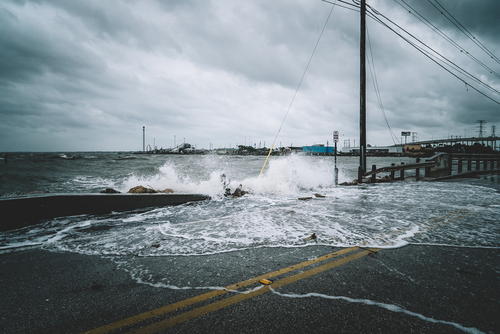
As the scope and frequency of natural disasters have increased in recent years, U.S. Reps. Garret Graves (R-LA) and David Rouzer (R-NC) this week proposed a way to adapt and help communities recover faster with the Natural Disaster Recovery Program Act.
“Everyone in Louisiana knows that someone a thousand miles away in Washington, DC, is too far removed to be directing disaster recovery,” Graves said. “Our legislation empowers the recovery process at the local level rather than waiting on bureaucrats and contractors who get paid by the page and minute to shift paperwork. The federal government continues to repeat the same mistake when it comes to natural disasters: a failure to respond quickly – all because of continued red tape and bureaucratic log jams. This bill fixes that.”
Years, he added, could pass between a disaster and the disbursement of recovery funds to get people back to their homes, businesses, and communities. The current system is a bureaucratic process that extensively uses contractors to administer recovery programs, subject to federal regulations. Graves and Rouzer alike scoffed at this, accusing them of making millions while disaster victims and taxpayers get short shrift.
“Under the current Community Development Block Grant – Disaster Recovery (CDBG-DR) program, disaster survivors may wait years for recovery dollars,” Rouzer said. “This is largely due to the overly bureaucratic process governing the program at the federal level. The result is long delays, which means long gaps between the end of short-term disaster recovery programs from FEMA and SBA and the start of long-term recovery programs. This time gap leaves survivors in the lurch, prolonging their suffering and hampering the full recovery of individuals, families, and their communities as they wait months or years for disaster assistance. It is time to scrap the CDBG-DR program and replace it with a simple block grant allowing states and localities to properly address the unique needs of disaster survivors.”
Disaster recovery funds can help with infrastructure repairs, housing, mitigation, and economic revitalization in the wake of flooding, wildfires, and more. Through the Natural Disaster Recovery Program Act, Graves and Rouzer hope to turn the Federal Emergency Management Agency’s (FEMA) effort into a block grant program that would allow immediate assistance to be sent to states hit by federally declared disasters. States and local governments would then be empowered to decide how to spend disaster funds, removing the federal government from the equation and, in theory, getting money into communities faster.




